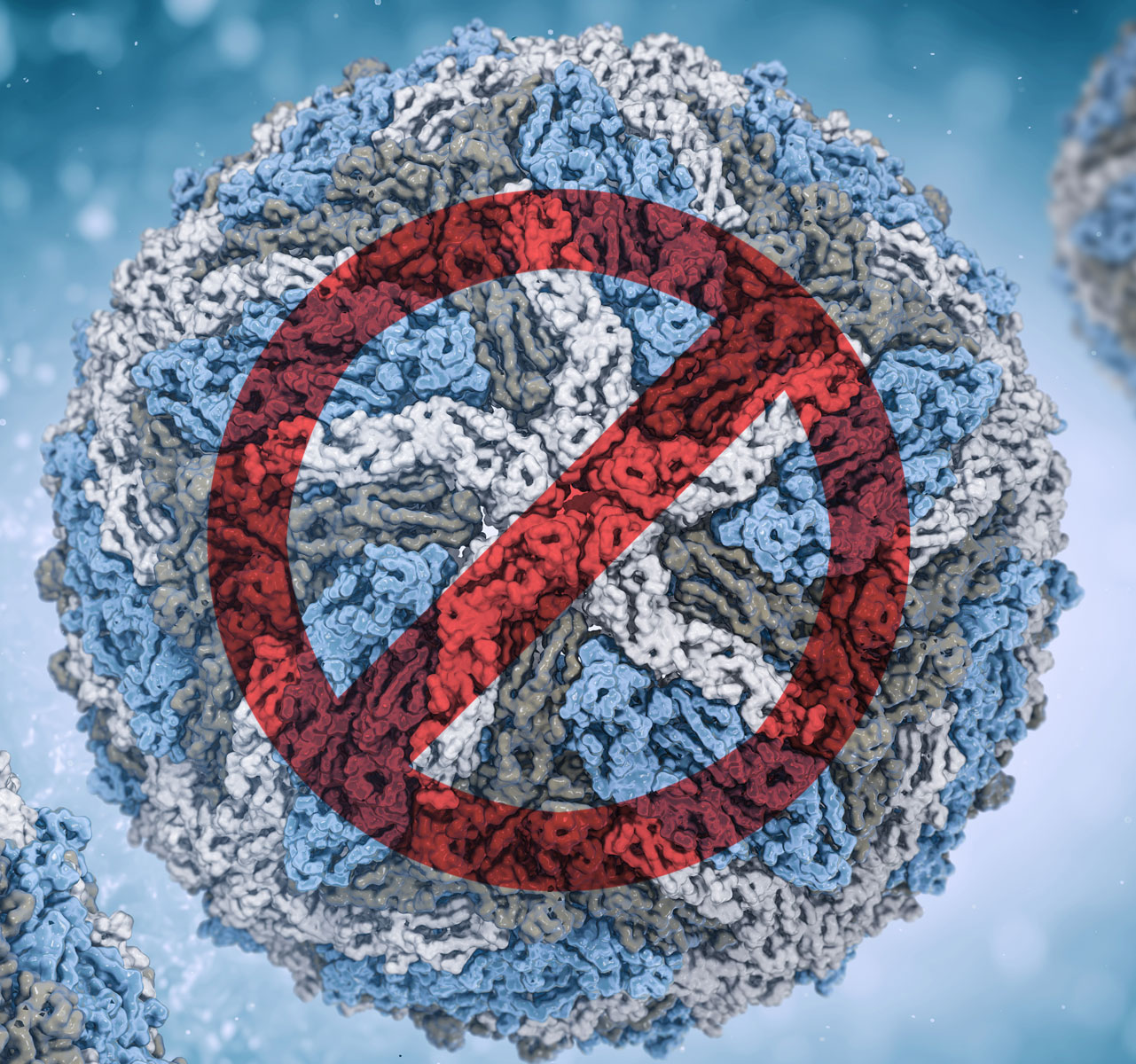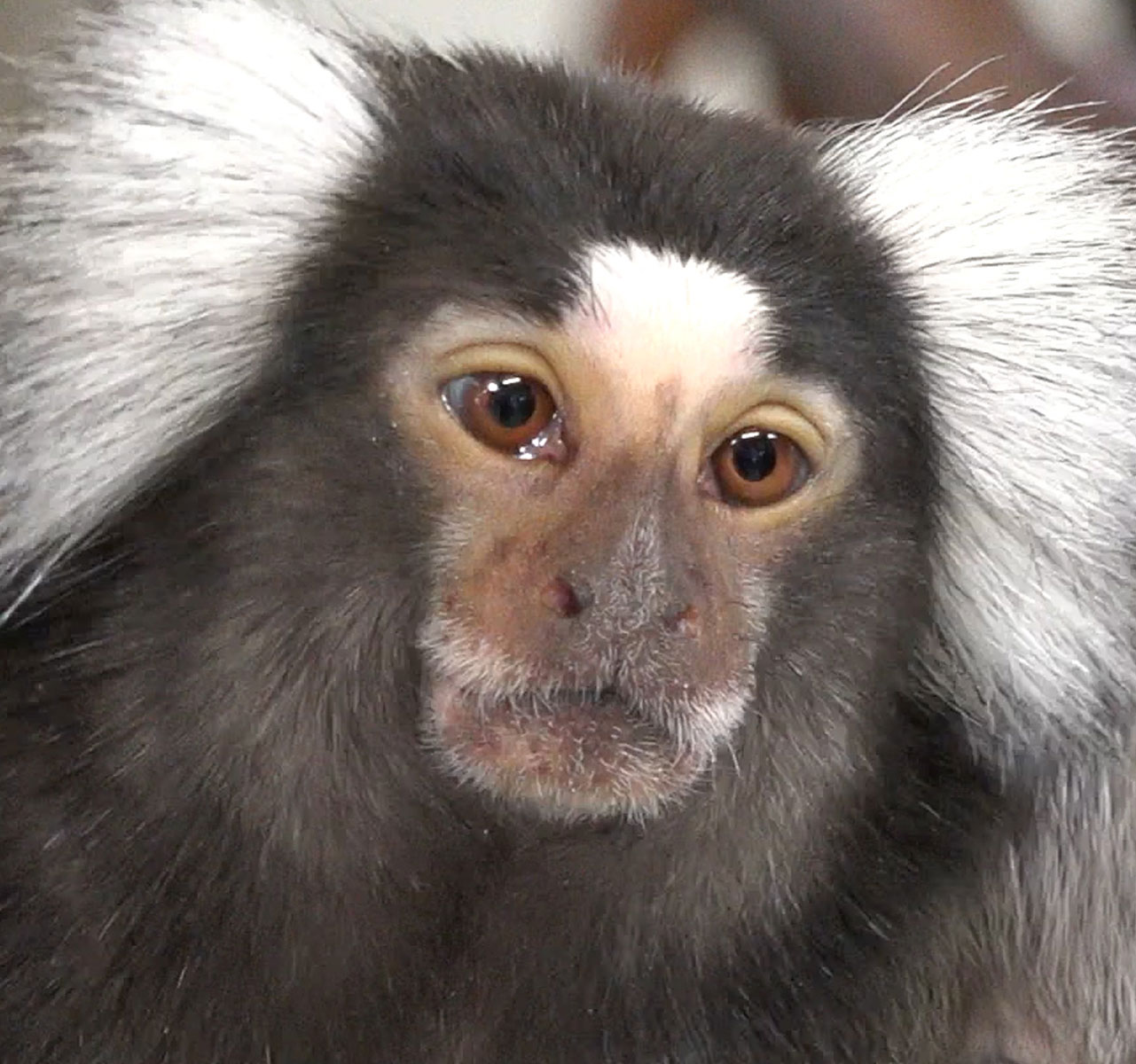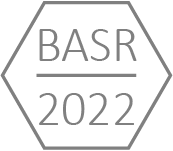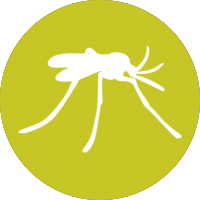Mosquito-borne Diseases
Dengue virus, West Nile virus, Rift Valley fever virus, and Zika virus are mosquito-borne viruses that cause an infection in people. In most people, the infection is transient and without clinically relevant illness. However, approximately 1% of the patients suffer from complications. Nowadays, over 700 million people get infected with a mosquito-borne virus each year. Due to the growth of the human population and global warming this number is expected to increase dramatically over the next decades.
So far, vaccines are only available for dengue virus and yellow fever virus, but these vaccines have severe limitations and are not advised to people that run the highest risk for complications, namely children, older people and those people with an impaired immune system.
BPRC has developed several infection models to investigate mosquito-borne viruses. In 2020 these models were mainly used for proof of concept-studies for vaccines and antiviral drugs.
An antiviral drug for dengue virus

There are four types of dengue viruses. Each of them inducing a somewhat different set of antibodies after infection. A first infection results in lifelong protection against this specific serotype. However, if the second infection occurs with another serotype the patient has an increased chance to develop severe disease. This phenomenon is called antibody-dependent enhancement (ADE). Severe dengue disease is a potentially deadly complication due to plasma leakage, fluid accumulation, respiratory distress, severe bleedings, or organ impairment. Every year, half a million patients require hospitalization and about 20,000 people die of severe dengue.
With a European partner we evaluated in 2021 their antiviral compound against dengue virus type 3 infection in our animal model. This compound had been tested in 2020 against one of the four dengue virus serotypes and proved very effective against serotype 2. This year we evaluated the same compound but now against serotype 3 dengue virus infection to determine its broad effectiveness.
In 2022, we continued together with our partner the evaluation of their antiviral compound, now against dengue virus type 4 to determine its broad effectiveness. The most important results from this collaboration have been published early 2023.
TO TOP ^ < BACK << HOME
A new zika virus vaccine tested in rhesus macaques

The classic method of vaccine production is time consuming, requires batch-to-batch evaluation and distribution using a cold-chain. This hampers a rapid response in case of an outbreak. The 2015-2016 outbreak of Zika virus brought the weaknesses of classic vaccines to light.
A new generation of vaccines may overcome these problems. DNA vaccines are safe, can be rapidly produced and do not require a cold-chain. However, not all DNA vaccines are effective in inducing an immune response.
BPRC has collaborated in an EU-funded project to perform a proof-of-concept study in monkeys with a DNA vaccine encoding for the Zika envelope protein. Although the immune responses were high, the vaccine did not induce sterile immunity. A manuscript describing this study is currently in preparation.
TO TOP ^ < BACK << HOME
A new Rift Valley fever virus vaccine tested in common marmosets

Rift Valley fever virus (RVFV) is an emerging mosquito-borne virus that is highly pathogenic to wild and domesticated cattle and humans. While animals are exclusively infected via mosquito bites, humans can also be infected via contact with tissues or blood released during the slaughtering of RVFV-infected animals. No human vaccine is available and currently commercialized veterinary vaccines are not optimal for human use. In collaboration with a Dutch collaborator, we tested new vaccine candidates for safety and their capacity to generate protective immune responses in common marmosets. The marmoset was used because it is very susceptible to the virus, so that any safety risks can be adequately measured. In addition, testing in a non-human primate species makes it possible to better extrapolate the measured immune responses to the human situation. The vaccines were found to be safe and to induce strong potentially protective responses.
The analysis from data from this study was finalized in 2022, resulting in the publication of this project.
TO TOP ^ < BACK << HOME


